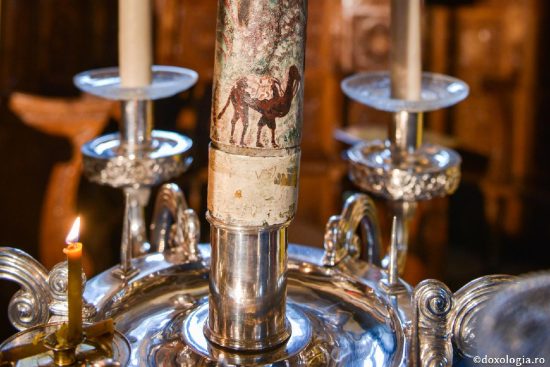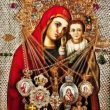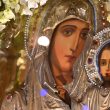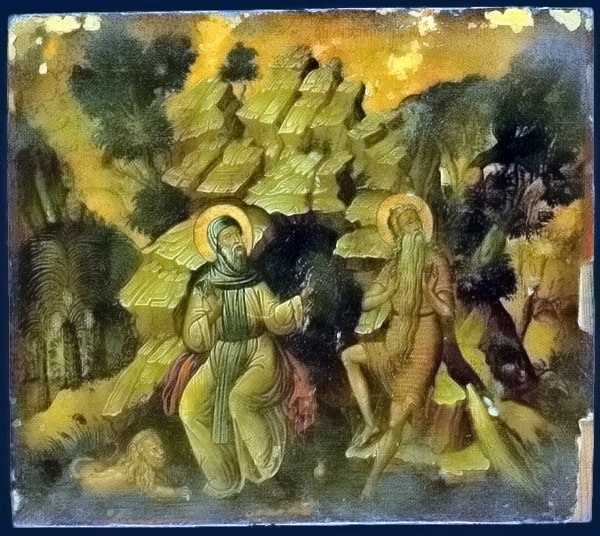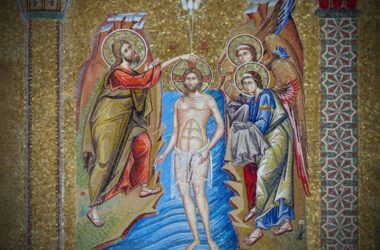In Mathew 19:24, Jesus concludes a discussion with a wealthy young man, a noble figure within Jewish community, by making powerful statement:” It is more feasible for a camel to pass through the eye of a needle than for a person of wealth to enter Kingdom of God.
Indeed, the words of the Savior have generated many thoughts and speculations over time due to the difficulty of interpretation. Firstly, the phrase “eye of a needle” is quite clear and refers to the object used in sewing materials. However, the controversy spins around the word “camel,” which at first glance seems to have no connection to the eye of a needle. Among the various opinions that have been put forward, we will mention only the most significant ones.
What camel does Christ refer to?
The Babylonian Talmud uses a similar aphorism to describe impossible things, stating that dreams “do not reveal to someone a palm tree made of gold or an elephant passing through the eye of a needle.” Building upon this aphorism, it has been presumed that the Jews in Palestine replaced the elephant, an animal found in the Far East, with the camel, a common animal in the Israeli regions, thus creating a widely known proverb.
The second opinion suggests that the phrase “eye of a needle” refers to a small door or gate that was fixed within one of the entrances to a city. This smaller door could be opened after nightfall when the larger gates were closed. In order for a camel to pass through such an opening, it would need to be unloaded from its burdens. Even then, the passage was quite difficult, with the risk of the camel getting stuck. Although this passage was nearly impossible, even if the animal in question were small, those who support this interpretation connect the unloading of the camel’s burdens to the unburdening of the rich person’s heart from the weight of their wealth.
Other researchers, describing Jesus’ way of delivering His teachings, specify that He often used examples from the environment He was in at that moment. For example, when He said that a mountain can be moved into the sea with faith, or that the walls of Jerusalem would be demolished, He was certainly in proximity to a mountain and the city of Jerusalem. Considering that at the time of uttering the phrase in question, He was not near any city or camels, but rather near the Jordan River, the probability of Him referring to animals and narrow gates is quite low. Furthermore, the proverb existed long before Jesus, but there is no evidence to suggest that any gate was called the “eye of a needle.” Instead, in common language, they were referred to as “raisins.”
Those who analyze the Aramaic language, the language in which Christ preached, provide even clearer explanations. The Aramaic word “gamla” used here can mean both “camel” and “thick rope” made from camel hair, and its meaning is determined by the context. If it was referring to riding or carrying burdens, it would certainly be referring to the animal of burden. However, in the context of the passage discussing the eye of a needle, the correct meaning for “gamla” is that of a thick rope.
A different kind of wealth
To better understand the meaning of the rope passing through the eye of a needle, let’s return to the context in which Jesus spoke these words. He said them in relation to entering the Kingdom of God. A rich young ruler, a high-ranking official in Jewish society, as mentioned by the Gospel of Luke (18:18), came to Jesus to ask how he could inherit eternal life. However, he left saddened when Jesus told him to sell his possessions and give to the poor in order to gain treasure in Heaven, as he had great wealth and couldn’t part with it. The young man left saddened because Jesus’ response was not what he had hoped for. He was accustomed to accumulating wealth, but he was not accustomed to accumulating it in Heaven. He knew the commandments, but he did not know the word and will of God.
Jesus did not intend to deprive the young man of his wealth, but rather offered him a wealth far superior to earthly possessions, which are subject to decay and rust. However, the young man could not detach himself from the perishable things because they provided him with a sense of power. Therefore, to draw the attention of His disciples and, through them, of all people, Jesus emphasizes the same idea three times: “How hard it is for the rich to enter the Kingdom of God! Children, how hard it is to enter the Kingdom of God for those who trust in riches! It is easier for a camel to go through the eye of a needle than for a rich person to enter the Kingdom of God” (Mark 10:23-25). By repeating this statement three times, Jesus clearly confesses that the desire for wealth should not be underestimated because it has the ability to deceive and lead a person astray from the path that leads to the Kingdom of God. As the psalmist says, “though your riches increase, do not set your heart on them!” (Psalm 62:10).
There is no doubt that when Jesus says that a camel or a rope can pass through the eye of a needle, He is using hyperbole, a stylistic means commonly found in the Holy Scripture. However, this intentional exaggeration serves the purpose of teaching a lesson: if the salvation of a rich person is humanly impossible, the Savior states that God, for whom nothing is impossible, can save the rich person, provided that their heart is changed, shifting their attachment from worldly wealth to heavenly treasures.
Does the camel go through the eye of the needle?
Therefore, based on what has been debated so far, we ask ourselves: Can a camel pass through the eye of a needle? If we interpret the words of Christ literally, a camel will never be able to pass through a hole that is only a few millimeters wide. This would mean that all the wealthy would be condemned to torment, which is not true, because Christ does not condemn wealth itself, but rather the unhealthy attachment that humans have towards it. Holy Scripture provides us with examples of many wealthy individuals who lived a life pleasing to God and were considered righteous, starting from Abraham, Isaac, and Jacob, and continuing with Joseph of Arimathea, Nicodemus, and many others.
Let us now consider the other two images: the thick rope (representing the attachment of the rich man) and the eye of the needle (representing the narrow path to salvation). Can a thick rope pass through such a small hole? The answer is YES, but only if it is unraveled into thin strands. Therefore, can a wealthy person enter the Kingdom of God? The answer is YES, but only if they let go of the passions that weigh down their heart.
Rev. Dr. Ioan-Lucian Radu Source:
http://doxologia.ro

